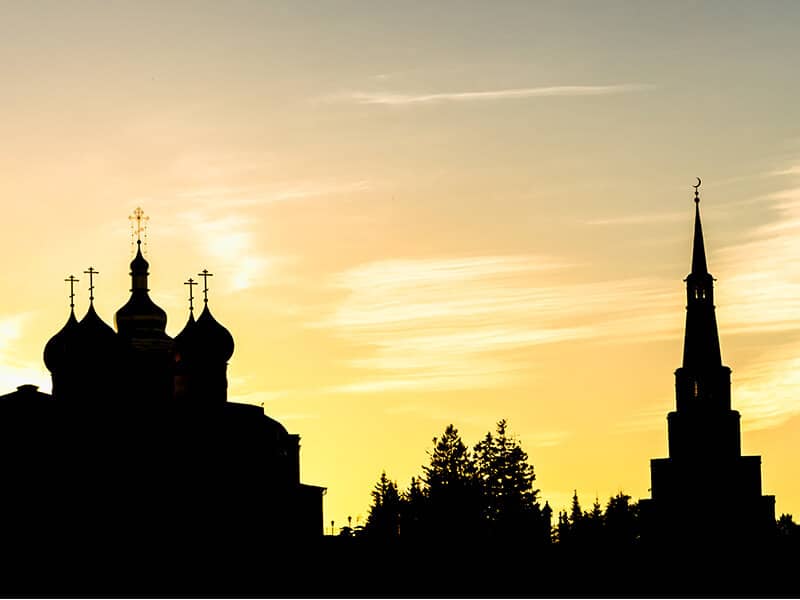Hundreds of thousands of Shiites in south Beirut as well as southern and eastern Lebanon marked the occasion known as 'Ashura with marches and reenactments of the 680 A.D. battle in which Imam Hussein was killed.
The marches were marked by divisions among Lebanon 1.2 million Shiites, who make up Lebanon's largest sect, with the rival pro-Syrian Amal Movement and the Iranian-backed Hezbollah guerrilla group holding separate observances.
In Bahrain, where Shiites form a slight majority of the Gulf Arab state's 400,000 citizens, religious songs eulogizing Hussein were broadcast on loudspeakers as thousands of black-clad men marched down the streets, beating their chests and whipping their backs with chains.
In the southern Lebanese market town of Nabatiyeh, traditional ground for marking the occasion, about 20,000 marched in an Amal-organized procession. Scores of men and some women slashed their heads with swords, razors and knives. A few men helped cut wounds in their children's heads. Medics were on standby to help those bleeding profusely or fainting.
In the former Israeli-occupied zone in southern Lebanon, several thousand Shiites marched in the towns of Bint Jbeil and Khiam. Some raised Palestinian flags. A mock Katyusha rocket launcher - the Shiite guerrillas' favorite weapon in years of battling Israeli troops - was displayed in the procession in Khiam.
In the eastern city of Baalbek, about 10,000 marched in a Hezbollah procession, while a breakaway Hezbollah faction gathered about 1,000 to hold its own.
By far, the biggest procession was in south Beirut, the Shiite-inhabited suburbs of the Lebanese capital where Hezbollah has its strongholds.
An estimated 300,000 people - women, men and children - clad in black marched behind Hezbollah's yellow flags. Units of barefooted Hezbollah followers beat their chest in rhythm in a show of sorrow at the death of Hussein, the grandson of Islam's Prophet Muhammad. Inflicting self-wounds, however, was forbidden by Hezbollah.
Hussein was killed in a battle on the plains of Karbala near the Euphrates River in 680 A.D. in what is today's Iraq. The Karbala battle, part of a dispute over leadership of the faith that began following the Prophet Mohammed's death nearly 50 years earlier, was a key event in Islam's split into the Sunni majority and minority Shiite branches.
Hussein's death remains a powerful example of sacrifice to many Shiites, who make up about 10 percent of the world's estimated 1 billion Muslims.
'Ashura, on the 10th day of the Islamic month of Moharram, is observed every year in Shiite communities, including Iran, the world's biggest Shiite country with 62 million people as well as in Bahrain, Pakistan and India. But this year, the 10th of Moharram falls a day late in Iran, according to that country's calendar.
In south Beirut, Hezbollah used the occasion to push its own policies.
``Our enemies forever: America and Israel,'' read a banner in the procession as what appeared to be Hezbollah activists shouted through loudspeakers ``Death to Israel.''
Parts of the crowd also shouted ``Death to America! Death to Israel'' and ``Trample on America! Trample on Israel.''
Hezbollah leader Sheik Hassan Nasrallah, addressing the gathering, criticized the new U.S. administration of President George W. Bush for recently vetoing a U.N. resolution that would have authorized an observer force to protect Palestinians.
``We must not bet on the new American administration because it is Zionist enough and the proof is in what it had already done,'' he said. ``The solution is by the resistance's gun and the uprising's stones ... not in the palaces of Washington.''

